Are you considering adding a Shar Pei to your family? This unique breed of dog is known for its wrinkled skin, loyal personality, and impressive protective instincts. While their appearance may be intimidating to some, Shar Peis are actually quite affectionate and make great pets for the right owner. However, it’s important to do your research and understand the specific needs and challenges that come with owning a Shar Pei before making the decision to bring one into your home.
Breed Category: Non-Sporting
Country of Origin: China
Average Size:46-51 cm
Average Weight:18-25 kg
Average Life Span: 8-10 years
Grooming Requirements: Moderate
Exercise Requirements:Moderate
History and Origin
The Shar Pei is a breed of dog that originated in China. The breed is known for its distinctive wrinkles and blue-black tongue. The Shar Pei was originally bred for hunting, herding, and guarding. The breed was nearly extinct in the 1970s, but has since made a comeback and is now a popular pet.
The Shar Pei is believed to have originated in the Guangdong province of China. The breed was used for hunting wild boar, as well as for herding and guarding livestock. The Shar Pei was also used as a fighting dog, and was known for its tenacity and courage.
The Shar Pei’s distinctive wrinkles are believed to have developed as a way to protect the dog during fights. The wrinkles would make it difficult for an opponent to get a good grip on the dog’s skin. The breed’s blue-black tongue is also believed to have developed as a way to intimidate opponents.
The Shar Pei was nearly extinct in the 1970s due to the Communist government’s ban on pet ownership. The breed was also targeted for extermination during the Cultural Revolution. However, a Hong Kong businessman named Matgo Law began breeding Shar Peis and exporting them to the United States. The breed became popular in the US, and soon spread to other countries.
The Shar Pei’s popularity led to overbreeding and health problems. Many Shar Peis developed skin problems due to excessive wrinkling, and the breed was prone to eye and ear infections. However, responsible breeding practices have helped to reduce these health problems.
Today, the Shar Pei is a popular pet in many countries. The breed is known for its loyalty and protective nature, and makes a good guard dog. However, the Shar Pei can be stubborn and independent, and requires firm training and socialization.
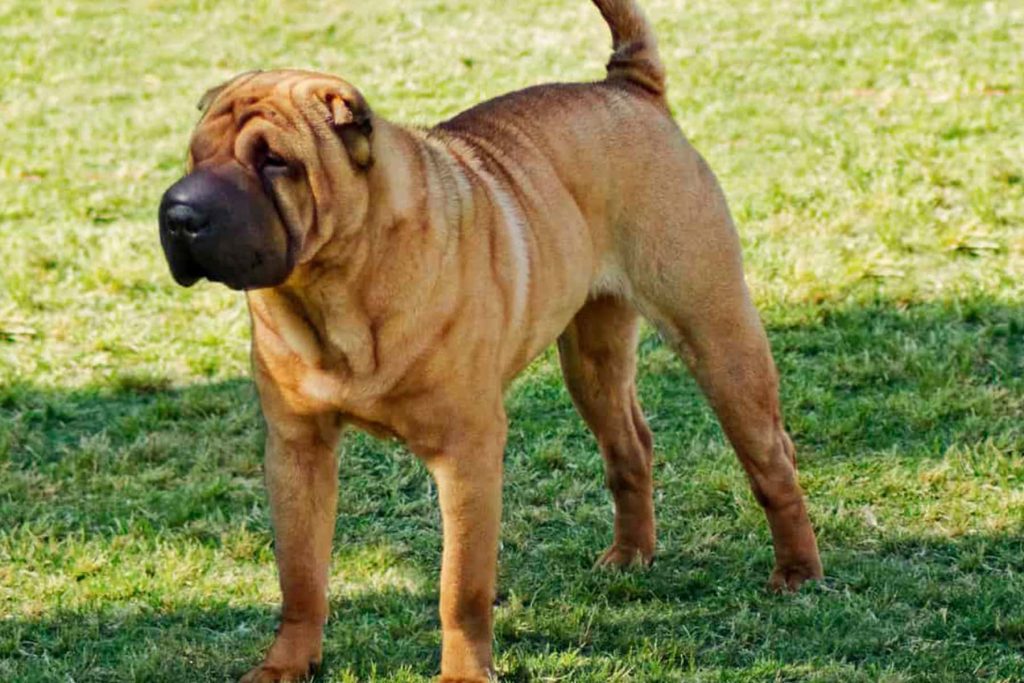
Size and Breed Category
The Shar Pei is a medium-sized breed of dog that originated in China. They are known for their distinctive wrinkled skin and blue-black tongue. The average height of a Shar Pei is between 46-51cm and they typically weigh between 18-30kg. They have a broad, muscular build and a short, harsh coat that can come in a variety of colours including black, cream, fawn and red. Shar Peis have a unique appearance that sets them apart from other breeds and makes them easily recognisable.
In terms of breed category, the Shar Pei is classified as a working dog. They were originally bred for hunting, herding and guarding, and their strong, independent nature makes them well-suited to these tasks. Shar Peis are known for their loyalty and protective instincts, which make them excellent watchdogs. They are also highly intelligent and trainable, although they can be stubborn at times. Overall, the Shar Pei is a fascinating breed with a rich history and a distinctive appearance that sets them apart from other dogs.
Fur Length and Colour
The fur of a Shar Pei is typically short and bristly, with a rough texture that is similar to sandpaper. The fur is dense and lies close to the skin, providing excellent protection against the elements. The fur can come in a variety of colours, including black, cream, fawn, red, and blue. Some Shar Peis may also have a mixture of colours, such as black and cream or fawn and red. The fur colour can also be solid or have a pattern, such as stripes or spots. Overall, the fur of a Shar Pei is an important characteristic of the breed, providing both protection and aesthetic appeal.
The length of a Shar Pei’s fur can vary depending on the individual dog. Some Shar Peis may have longer fur around their neck and tail, while others may have shorter fur all over their body. The length of the fur can also change as the dog ages, with some Shar Peis developing longer fur as they get older. Regardless of the length, the fur of a Shar Pei is always thick and dense, providing excellent insulation against the cold. The fur also sheds minimally, making it a great choice for people with allergies. Overall, the fur of a Shar Pei is an important part of the breed’s unique appearance and provides both practical and aesthetic benefits.
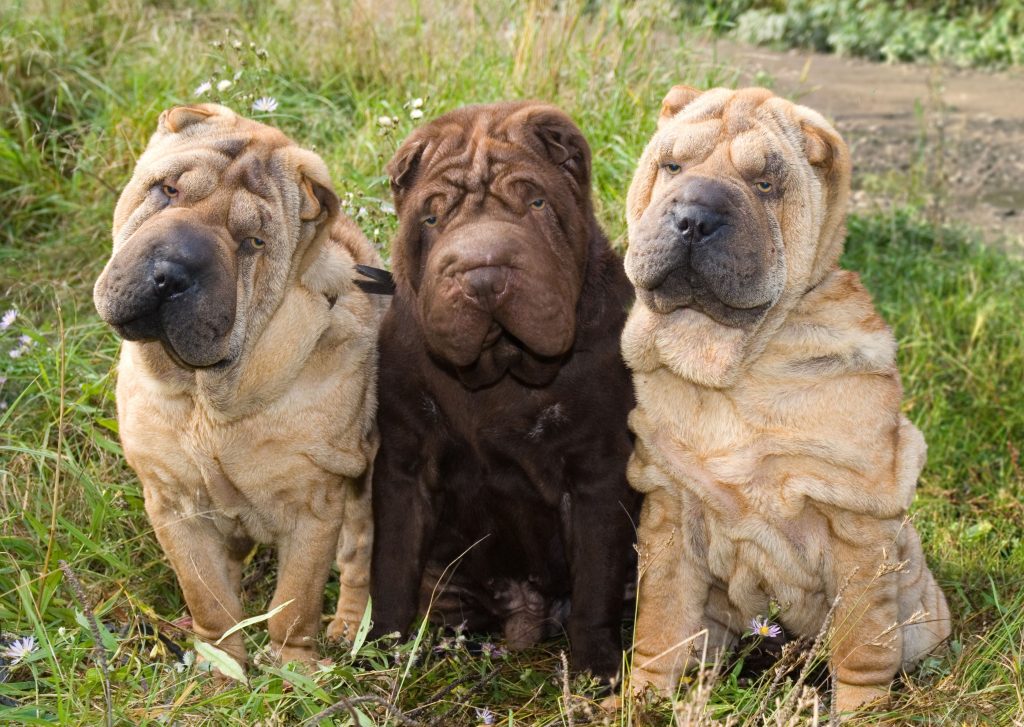
Termperament and Trainability
Shar Peis are known for their independent and strong-willed temperament. They are not the most obedient breed and can be quite stubborn at times. However, with proper training and socialization, they can become loyal and affectionate companions. Shar Peis are also known for their protective nature, making them excellent guard dogs. They are not typically aggressive towards strangers, but they will not hesitate to defend their family if they feel threatened. Due to their independent nature, Shar Peis require a firm and consistent hand in training. Positive reinforcement techniques work best with this breed, as harsh punishment can cause them to become defensive and uncooperative.
In terms of trainability, Shar Peis can be a bit of a challenge. They are not the easiest breed to train and require a lot of patience and persistence. Shar Peis are intelligent dogs, but they can be quite stubborn and willful. They have a tendency to do things on their own terms, which can make training a bit of a struggle. However, with the right approach, Shar Peis can be trained to follow basic commands and even perform more advanced tasks. It is important to start training early and to be consistent with your approach. Shar Peis respond well to positive reinforcement and praise, so be sure to reward good behavior. With patience and dedication, Shar Peis can become well-behaved and obedient companions.
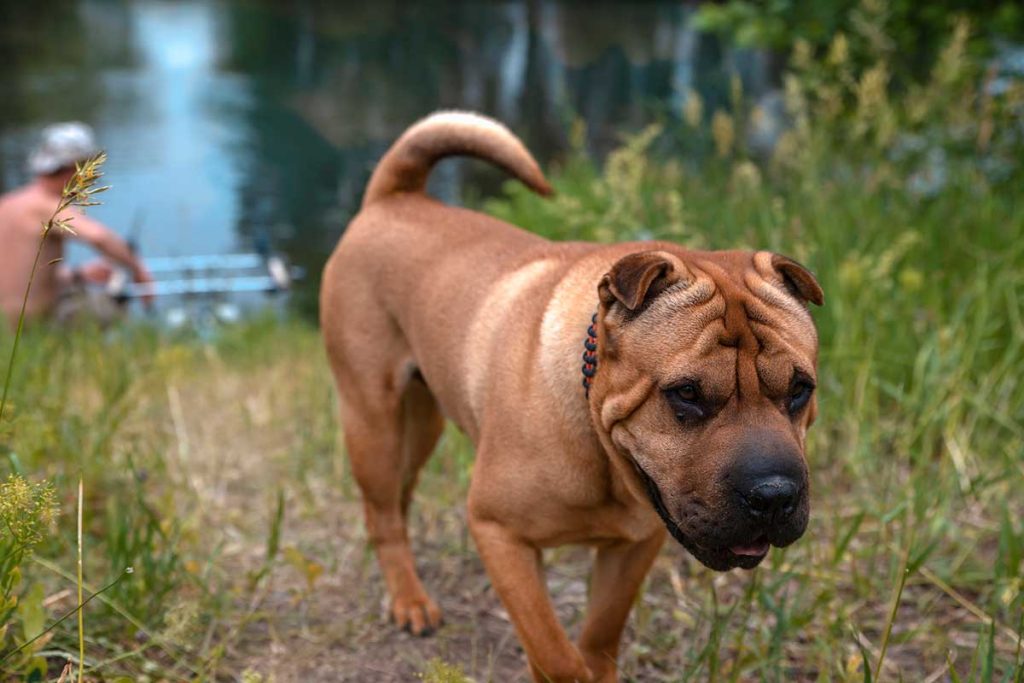
Known Health Conditions
Shar Peis are prone to a number of health conditions, some of which are genetic and others that are common to the breed. One of the most well-known health issues in Shar Peis is their tendency to develop skin problems. This is due to the breed’s excessive skin folds, which can trap moisture and bacteria, leading to infections and irritation. Shar Peis are also prone to a condition called Shar Pei fever, which is a periodic fever that can cause joint pain, lethargy, and loss of appetite. This condition is thought to be caused by an abnormal immune response and can be managed with medication. Additionally, Shar Peis are at risk for eye problems, such as entropion and glaucoma, which can cause discomfort and vision loss. Regular eye exams are recommended for Shar Peis to catch and treat these conditions early.
Another health concern for Shar Peis is their susceptibility to certain cancers, such as lymphoma and mast cell tumors. These cancers can be difficult to treat and may require surgery, chemotherapy, or radiation therapy. Shar Peis are also prone to hip dysplasia, a condition where the hip joint does not develop properly, leading to pain and mobility issues. This condition can be managed with medication and physical therapy, but in severe cases, surgery may be necessary. Finally, Shar Peis are at risk for a condition called amyloidosis, which is a buildup of abnormal proteins in the body that can cause organ damage. This condition can be difficult to diagnose and treat, and may require ongoing management to maintain the dog’s health.
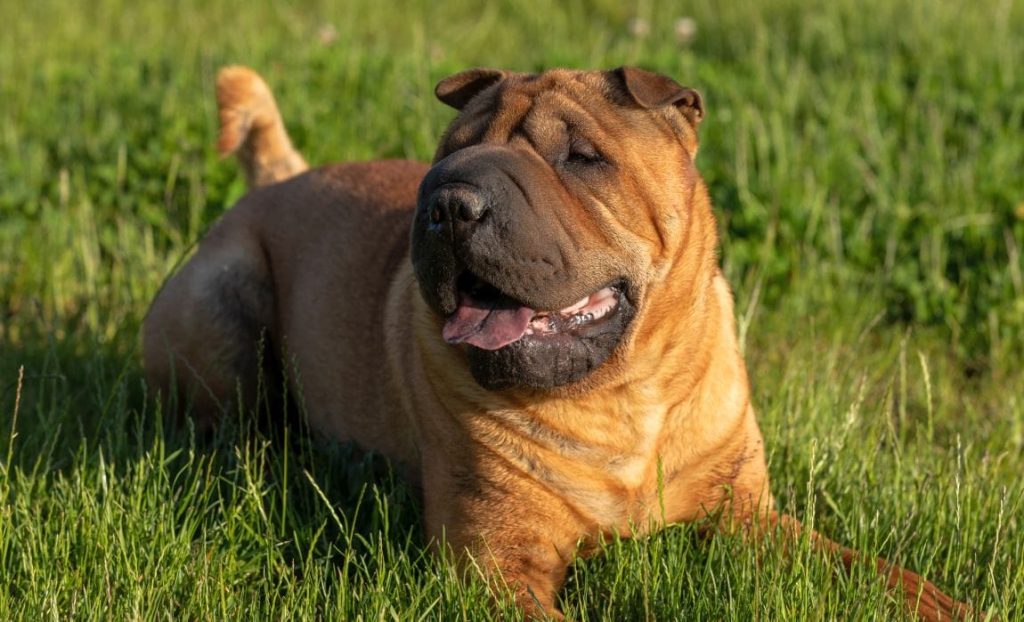
Openness to Strangers
Shar Peis are known for their reserved nature when it comes to strangers. They are not the most outgoing breed and can take some time to warm up to new people. However, once they do, they can be very loyal and affectionate. It is important to socialize Shar Peis from a young age to help them become more comfortable around strangers. This can include introducing them to different people, places, and experiences. Shar Peis may also benefit from obedience training to help them feel more confident in new situations. Overall, while they may not be the most welcoming breed at first, Shar Peis can form strong bonds with their owners and those they trust.
When it comes to other dogs, Shar Peis can be quite territorial. They may not get along with unfamiliar dogs and can be prone to aggression if they feel threatened. It is important to supervise Shar Peis when they are around other dogs and to introduce them slowly and carefully. Shar Peis may also benefit from early socialization with other dogs to help them learn appropriate behavior. While they may not be the most social breed, Shar Peis can still form strong bonds with other dogs and can be very loyal to their pack. Overall, Shar Peis require patience and understanding when it comes to their openness to strangers and other dogs. With proper socialization and training, they can become well-adjusted and loving companions.
Playfulness Level
The Shar Pei is a highly playful breed of dog that loves to engage in various activities with their owners. They are known for their energetic and lively nature, which makes them a great companion for families with children. The Shar Pei is always up for a game of fetch or a run around the park, and they are also fond of playing with toys. Their playful nature is infectious, and they are sure to bring a smile to the faces of everyone around them.
In addition to their love of physical activity, the Shar Pei is also a highly intelligent breed that enjoys mental stimulation. They are quick learners and enjoy games that challenge their minds, such as puzzle toys or training exercises. This makes them an excellent choice for owners who are looking for a dog that can keep up with their active lifestyle and provide them with endless entertainment. Overall, the Shar Pei’s playful nature is one of their most endearing qualities, and they are sure to bring joy and laughter to any household.
Suitability as a Pet for Children
Shar Peis have a distinctive wrinkled appearance and are known for their loyalty and protective nature. They require regular exercise and grooming to maintain their health and appearance. Shar Peis can be independent and stubborn, so early socialization and training is important. They can be good with children if properly socialized, but may not tolerate rough play or teasing. Shar Peis are generally healthy, but can be prone to certain health issues such as skin allergies and eye problems.
Exercise Needs
Shar Peis are known for their unique wrinkled appearance and loyal personalities. These dogs require a moderate amount of exercise to maintain their physical and mental health. A daily walk of at least 30 minutes is recommended, but Shar Peis also enjoy playing in a secure, fenced yard. It is important to note that Shar Peis are prone to joint issues, so high-impact activities should be avoided. Swimming is a great low-impact exercise option for these dogs. Additionally, mental stimulation is important for Shar Peis, so incorporating training and interactive toys into their exercise routine is beneficial.
In addition to daily exercise, Shar Peis require a balanced diet to maintain their health. These dogs are prone to obesity, so it is important to monitor their food intake and provide them with regular meals. Shar Peis also have sensitive skin, so a diet that includes omega-3 fatty acids can help keep their skin and coat healthy. It is important to consult with a veterinarian to determine the appropriate diet and feeding schedule for your Shar Pei. Regular veterinary check-ups are also important to monitor their overall health and address any potential health issues.
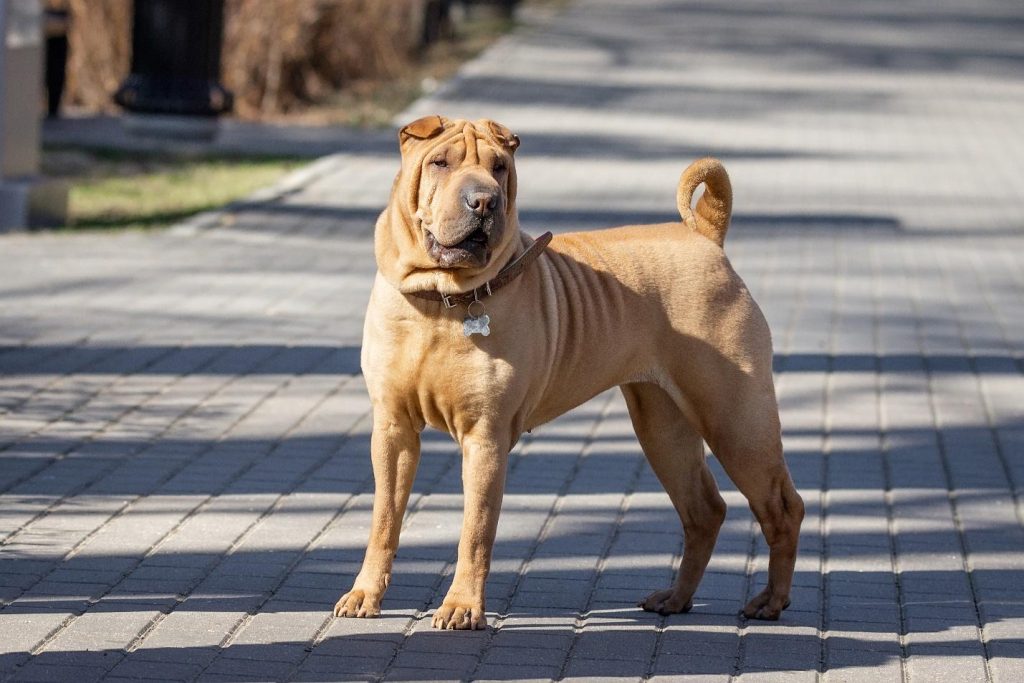
Suitability for a Multi-Pet Family
Shar Pei dogs have been known to coexist peacefully with other pets in the household, including cats and smaller dogs. However, it is important to note that each individual Shar Pei may have a different temperament and level of socialization, which can affect their ability to get along with other animals. Proper socialization and training can help ensure a harmonious household for all pets involved.
Housing Requirements
Shar Peis require a living space that is large enough to accommodate their size and activity level. They need a minimum of 30 square meters of living space, which should include a comfortable bed, food and water bowls, and toys. Shar Peis are known for their wrinkled skin, which requires regular cleaning to prevent infections. Therefore, their living space should be easy to clean and maintain. Shar Peis are also prone to overheating, so their living space should be well-ventilated and cool. They are independent dogs and enjoy having their own space, so it is important to provide them with a designated area where they can retreat to when they need some alone time.
Shar Peis require regular exercise to maintain their physical and mental health. They need at least 30 minutes of exercise per day, which can include walks, runs, or playtime in a secure outdoor area. Shar Peis are prone to joint problems, so it is important to avoid high-impact activities that could cause injury. They also enjoy mental stimulation, so providing them with puzzle toys or training sessions can help keep them mentally engaged. Shar Peis are loyal and protective dogs, so they require a secure living space that is protected by a fence or gate. They are also prone to separation anxiety, so it is important to provide them with plenty of attention and affection.
Summary
Shar Peis can make great pets for the right owner. They are known for their loyalty and protective nature, making them good watchdogs. However, they can be stubborn and require consistent training and socialization from a young age. They also have specific grooming needs due to their wrinkled skin, which can be time-consuming and expensive. Overall, Shar Peis can be a good choice for experienced dog owners who are willing to put in the effort to properly care for them.
Shar Pei Dog FAQS
Shar Peis can be stubborn and independent, making them more difficult to train. Consistency and positive reinforcement are key.
Shar Peis can be good with children if they are socialized properly from a young age.
Shar Peis are prone to skin issues, eye problems, and hip dysplasia. Regular vet check-ups are recommended.
Shar Peis do not do well being left alone for long periods of time and can develop separation anxiety.
Shar Peis do not require a lot of exercise, but they do need daily walks and mental stimulation.
Yes, Shar Peis shed moderately throughout the year and heavily during shedding season.
Shar Peis should be bathed every 2-3 months or as needed. Over-bathing can strip their skin of natural oils.
A Shar Pei can grow up to 51-56 cm in height.
The average lifespan of a Shar Pei is between 8-10 years.
The average weight of a Shar Pei is between 18-25 kg.
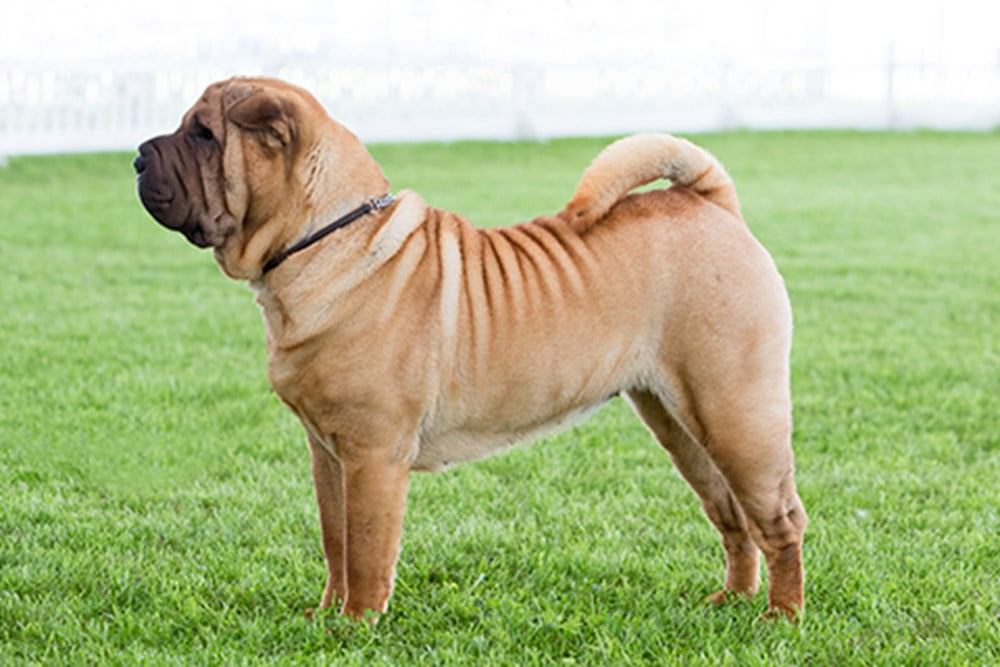
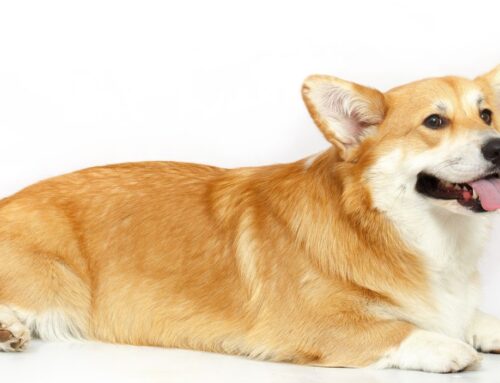
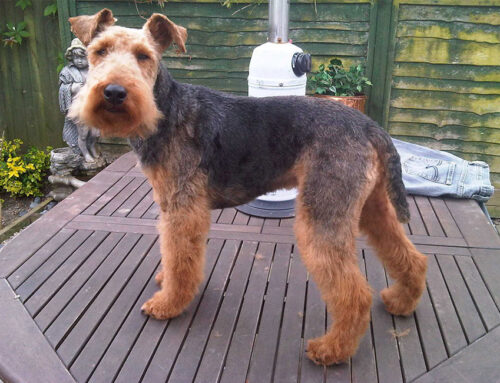

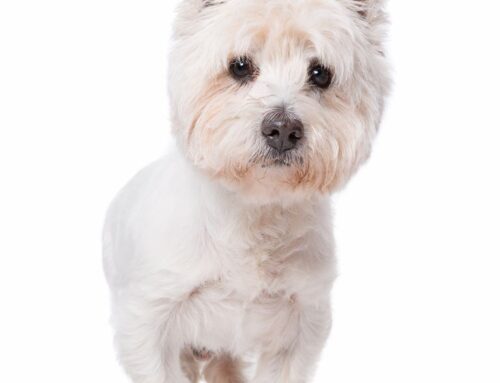
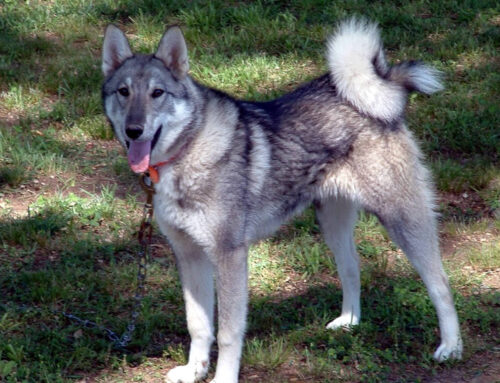
Leave A Comment